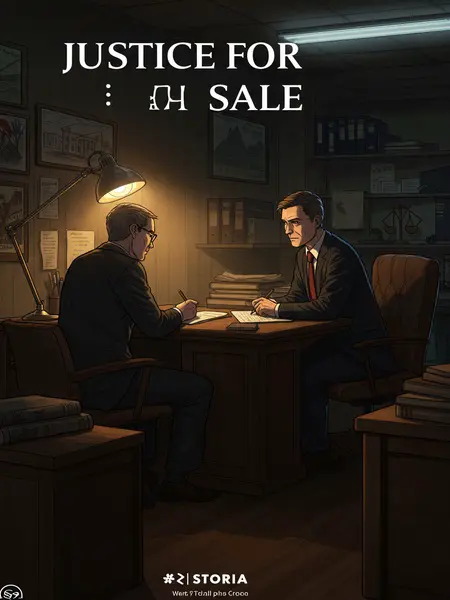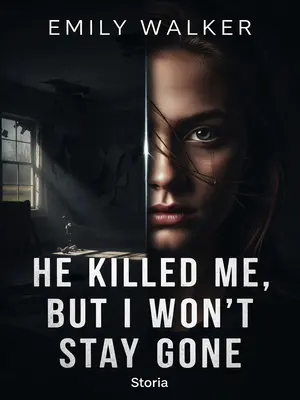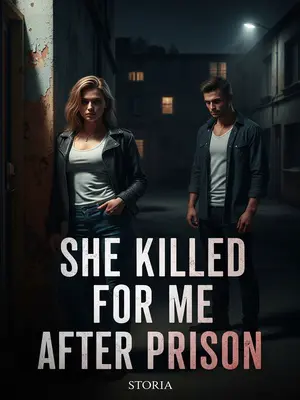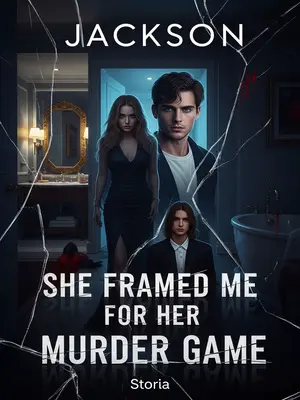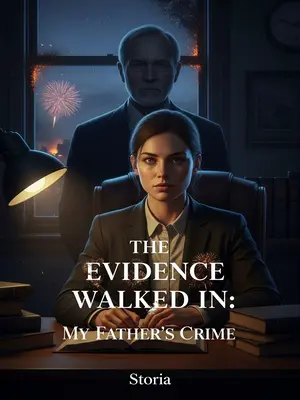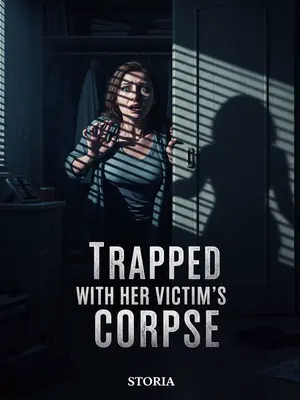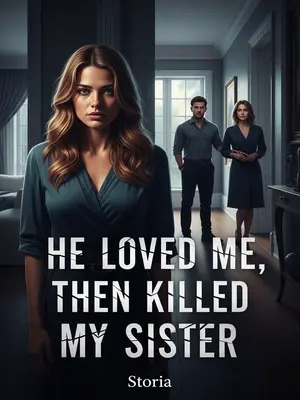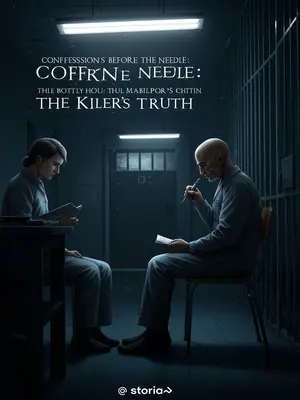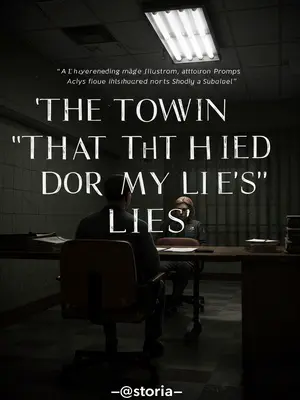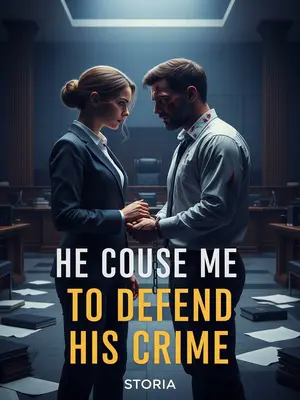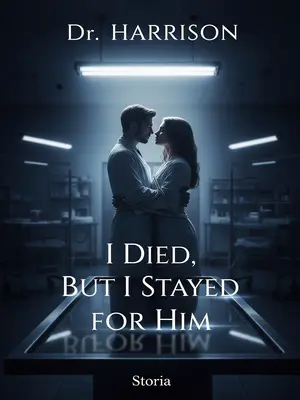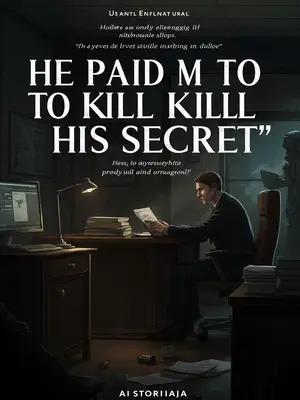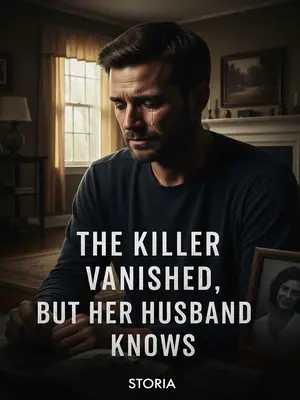Chapter 4: Complicity
During the recess, I discussed the case with several colleagues.
We gathered in the break room, sipping burnt coffee and pretending to read the sports section. The break room reeked of burnt coffee and someone’s leftover meatloaf. Nobody touched the donuts. We all pretended to care about last night’s ballgame. Nobody wanted to talk about the details. The room was heavy with unspoken dread.
Curiously, everyone avoided talking about the details and mostly discussed Tyler’s positive traits.
It was like we were all tiptoeing around a landmine. No one wanted to be the first to say what we were really thinking.
“He’s only nineteen, and a college student.”
Someone muttered it, almost apologetically. I watched as a senior prosecutor nodded in agreement, eyes fixed on the coffee pot.
“He turned himself in and has a good attitude.”
Another colleague chimed in, voice barely above a whisper. It sounded like they were reciting a script.
“He committed the crime out of a sense of inferiority.”
Yet another excuse, tossed out like a lifeline. I stared out the window, watching a janitor sweep cigarette butts from the courthouse steps.
Everyone hinted at wanting to give Tyler a life sentence with parole, but no one dared say it outright.
The words hovered in the air, unsaid but understood. We all knew where this was headed.
Last night, my mentor told me he’d already put in a word; the case would be sentenced as a life sentence with the possibility of parole, and the prosecutor wouldn’t appeal.
His voice had been matter-of-fact, like he was discussing the weather. “Don’t worry, Jimmy. It’s already been handled.”
Indeed, from a legal standpoint, a life sentence with parole wasn’t a problem. It gave the leadership an explanation and appeased the public.
The optics looked good: justice served, but not too harsh. The politicians would sleep easy tonight.
But would the victim’s family accept it?
I doubted it. I pictured Natalie’s father, sitting alone in his kitchen, staring at her empty seat across the table.
I hadn’t met Natalie’s father yet. The leadership, citing the negative impact of the case, chose not to hold a public trial—they were actually afraid the family would make trouble.
They wanted to keep things quiet, sweep it under the rug. Avoid headlines and angry op-eds in the local paper.
After all, this was the man who tortured his daughter to death.
No amount of spin could change that fact. The whole city buzzed with rumors; you could hear it at the diner, at church, in line at the grocery store.
My phone rang. It was my mentor. I hurried to the restroom to answer.
The echo of my shoes on the tile floor was the only sound. I glanced at my reflection—dark circles under my eyes, jaw clenched tight.
“It’s about time for the verdict, right?”
His voice was impatient, as if this whole thing were just a formality.
I hesitated for a moment.
I swallowed hard, weighing my words. I could feel the walls closing in.
“I still think a life sentence with parole isn’t appropriate.”
I forced the words out, barely above a whisper. My heart pounded so loudly I worried he could hear it over the phone.
My mentor was a bit annoyed. “What’s inappropriate? Crime of passion, turned himself in, good attitude—any one of those qualifies for a reduced sentence. Do I need to teach you?”
His irritation was palpable. I could picture him frowning, tapping his pen against his desk, already bored with my protest.
“But…”
I wanted to argue, but my voice caught. What good would it do?
“No buts. The road is yours to choose. I’m pointing you toward a bright future; if you don’t take it, don’t blame me later.”
He hung up before I could respond, the click ringing in my ears. It felt like a door slamming shut.
With a sharp click, he hung up.
The silence in the bathroom was deafening. I stared at the cracked tile on the wall, wishing I could disappear.
I sighed. What choice did I have?
My breath fogged in the chilly air. I splashed water on my face, trying to wash away the shame.
What is fairness and justice compared to my own livelihood?
The truth was ugly and unavoidable. I shoved my hands in my pockets and walked back to the courtroom, wondering how I’d ever look at myself in the mirror again.
